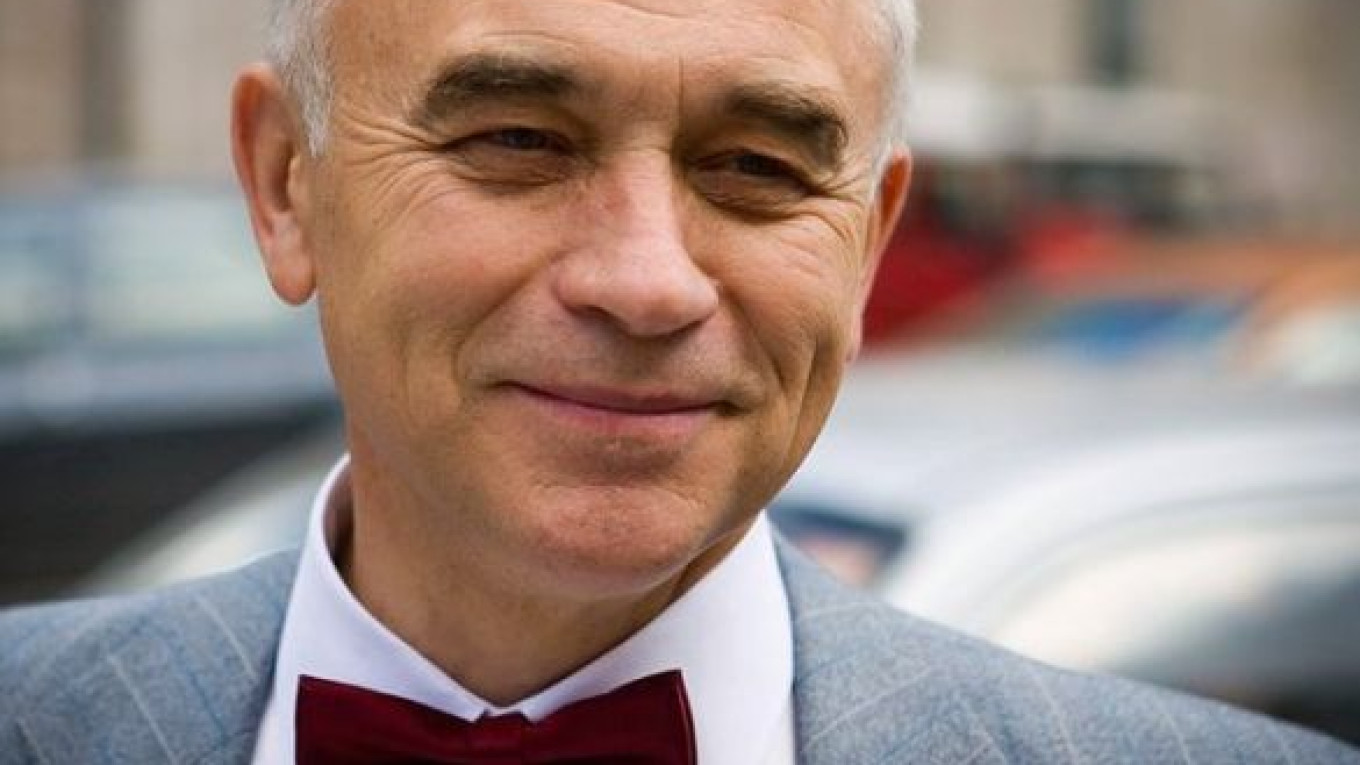The death of a terminally ill Navy admiral who shot himself after his family was unable to obtain painkillers for him and left a suicide note blaming the government has prompted a Cabinet order to investigate cancer patients' access to palliative medicines.
Deputy Prime Minister Olga Golodets has instructed the Health Ministry to look into the "reasons for denying painkilling medication" to Rear Admiral Vyacheslav Apanasenko, and to "call to account" any guilty parties, according to an order published on the Cabinet website on Tuesday.
Apanasenko, who died in a hospital on Monday after several days in a coma from his gunshot wound to the head, left a suicide note blaming "no one but the Health Ministry and the government," his daughter said on her Facebook social network page.
"I am ready to suffer myself, but seeing the anguish of my family and relatives is unbearable," the note said.
The Investigative Committee was also looking into the circumstances that forced the admiral, who had been suffering from terminal cancer, to take his life, a spokesman said, Interfax reported.
In December 2012, the Health Ministry allowed Russian oncologists to prescribe painkillers for their patients without having to secure additional authorization, but the family of the admiral repeatedly ran into red tape when trying to fill his painkiller prescriptions, his daughter, Yekaterina Lokshina, told Ekho Moskvy radio.
On the eve of his death, the wife of the admiral — who had commanded the Navy's missile weapons department before his retirement — returned home "in a despondent state" after a pharmacy refused to dispense painkillers because the paperwork was "literally missing one signature," Lokshina said.
Ekho Moskvy talk show host Yulia Latynina blamed "bureaucratic hurdles" for forcing the admiral to put a bullet through his head, saying in her program last week that the "gunshot was a frightening answer to our health officials."
The chief of medicine at a Moscow hospital, Andrei Sokolov, told Ekho Moskvy that the supposed easing of procedures in 2012 had not reduced the amount of paperwork that doctors have to submit when prescribing painkillers.
The Health Ministry has been instructed to investigate whether the supposedly simplified prescription procedure is being implemented, and to hold "training meetings" for oncologists around the country, the order on the Cabinet website said.
"The rear admiral had a gun. Thousands of cancer patients suffering excruciating pain have no guns," a reader on the Ekho Moskvy website said. "Doctors are afraid of stupid controllers with shoulder loops, while people are dying in pain."
"Why did something like this have to happen to make [government officials] act?" another reader said.
Contact the author at [email protected]
A Message from The Moscow Times:
Dear readers,
We are facing unprecedented challenges. Russia's Prosecutor General's Office has designated The Moscow Times as an "undesirable" organization, criminalizing our work and putting our staff at risk of prosecution. This follows our earlier unjust labeling as a "foreign agent."
These actions are direct attempts to silence independent journalism in Russia. The authorities claim our work "discredits the decisions of the Russian leadership." We see things differently: we strive to provide accurate, unbiased reporting on Russia.
We, the journalists of The Moscow Times, refuse to be silenced. But to continue our work, we need your help.
Your support, no matter how small, makes a world of difference. If you can, please support us monthly starting from just $2. It's quick to set up, and every contribution makes a significant impact.
By supporting The Moscow Times, you're defending open, independent journalism in the face of repression. Thank you for standing with us.
Remind me later.


